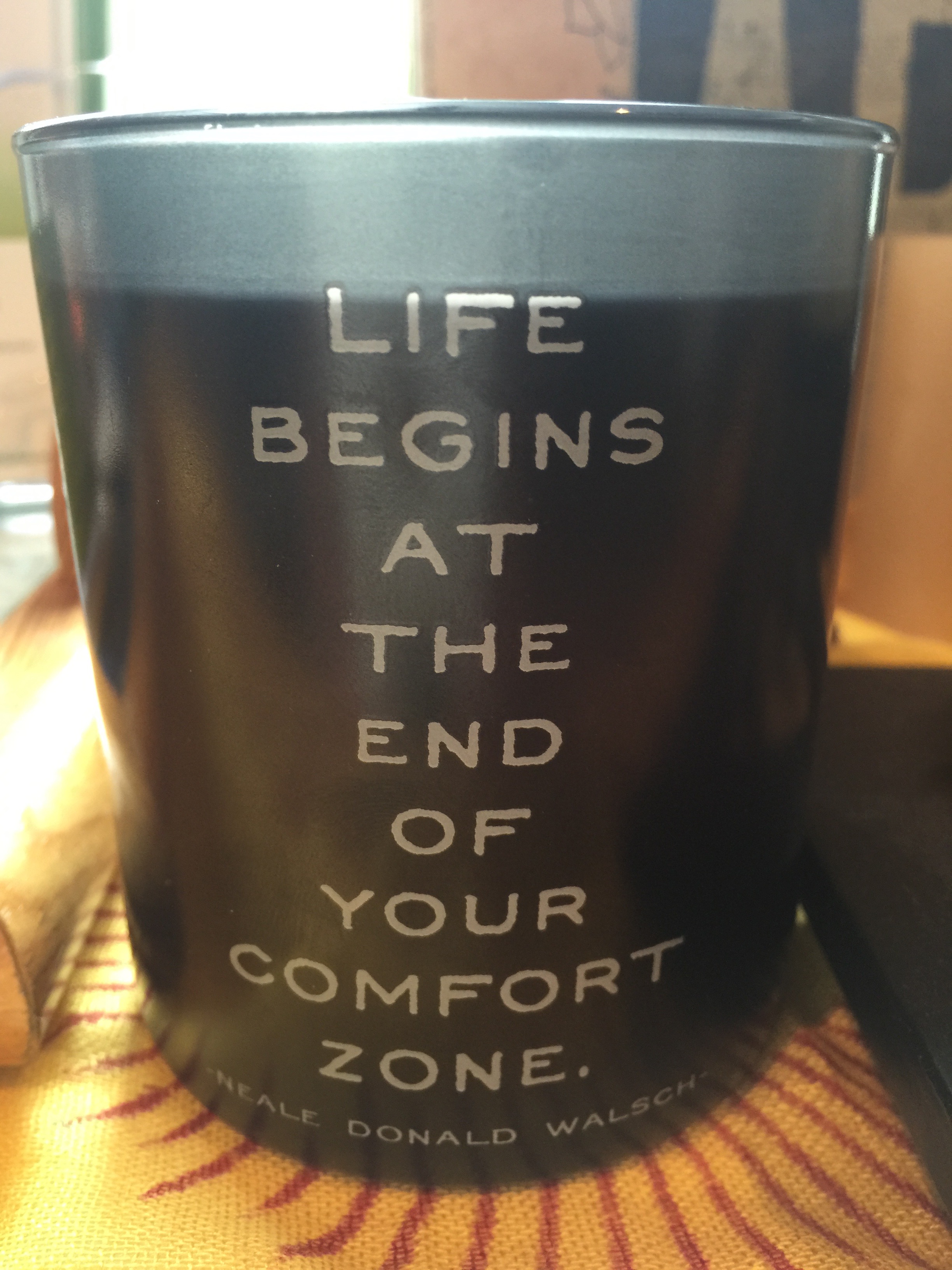
No one is fearless. Being fearless sounds great and inspiring, but the fear always returnsnand the inner voice will always be there second guessing,(unless of course your Donald Trump). Our critical side is there to protect us from pain, vulnerability and failure. We have to acknowledge the voice, but not pay much attention to it. We can thank it for trying to keep usnsafe, and keep moving toward our goals. The people we admire for being fearless are not. They are just good at managing it and keeping it at a distance.
Most people play it safe for fear of ridicule, failure and shame. This is a creativity and innovation killer. It is a travesty in the workplace because we are cheated out of wonderful ideas from employees who do not have the courage to take risks. Furthermore, those who go to Ivy League schools may not have the courage to take a challenging math or science course because of the fear of not having a perfect grade, cheating the world of their brilliance. As a culture, when we use shame to motivate, either in the workplace, school, family or even in The Biggest Loser show, it may work temporarily, but will eventually hamper willingness to take the risk to do something truly courageous and meaningful. The same goes for our children. As parents, we may want to stop emphasizing achievement as the marker of self worth. They neednto know they are special, win or lose. That way they will not fear failure and always be willing to take risks and know whatever the outcome, they are still worthwhile. We need to be proud ofnthem for just showing up and willing to take risks.
Our core beliefs can also hinder us from being courageous. When I first started my business, I struggled with my belief about myself that I couldn’t speak in public. How was I going to get my message out there? I had to acknowledge the fear and do it anyway. My first “mindfulness” group was in my basement with 6 friends. I remember not being able to eat beforehand because I was so nervous (and nauseas). The first ten minutes were awful and I’m sure my voice was shaky. What was I so afraid of? What would they think of me? That was mynego talking, the inner critic who always second guesses. When I stopped worrying about what others thought of me, and focused on getting my message out there, I was at ease. Just because I haven’t done it before, didnt mean I wasn’t capable. It wasn’t easy, and still isn’t, but each time it gets easier. It also doesn’t hurt that I begin the workshops with a meditation!
Political candidates and public figures are no different. It is courageous to put yourselfnout there and subject yourself to endless criticism. Everything you’ve ever done gets rehashed, and people are always there to watch you fall. Now with social media, people can be exceptionally cruel and more anonymous. It takes tremendous courage to stand up for what you believe and make changes. Maybe we can all think about that the next time we attack a candidate with whom we don’t agree. The courage is showing up and playing the game. nI will leave you with part of Theodore Roosevelt’s speech from The Man in the Arena that perfectly describes true courage. “It is not the critic who counts; not the man who points out how the strong man stumbles, or where the doer of deeds could have done them better. The credit belongs to the man who is actually in the arena, whose face is marred by dust and sweat and blood; who strives valiantly; who errs, who comes short again and again, because there is no effort without error and shortcoming; but who does actually strive to do the deeds; who knowsngreat enthusiasms, the great devotions; who spends himself in a worthy cause; who at the best knows in the end the triumph of high achievement, and who at the worst, if he fails, at least fails while daring greatly, so that his place shall never be with those cold and timid souls who neither know victory nor defeat”.


Such a great post and I think this is something we can all relate to. It’s nice when a coach can open up about her own experiences and vulnerabilities.